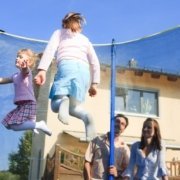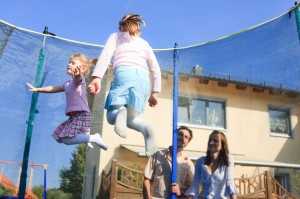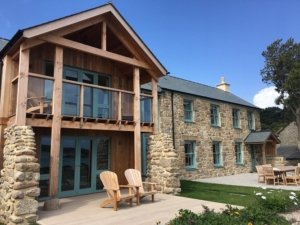 Having the right insurance cover will help you run your self-catering cottage business with confidence. As a holiday letting insurance specialist we have pulled together a few pointers to consider when insuring your cottage complex:
Having the right insurance cover will help you run your self-catering cottage business with confidence. As a holiday letting insurance specialist we have pulled together a few pointers to consider when insuring your cottage complex:
Don’t forget however many bookings you take, you are running a self-catering cottage business
There are a wide range of properties being made available for holiday letting. You may holiday let an annexe of your main home, a second home or apartment, a barn conversion, cottages in a complex, or even shepherd’s huts. If they are within the grounds of your home, be sure to make your home insurance provider aware. Home insurers often do not like businesses being run from the premises and you risk invalidating your cover. Seeking advice from a holiday letting insurance specialist will help you ensure you get the right cover for both the holiday cottage business and your home.
Make sure you have the right liability cover for holiday letting
Inviting paying guests into holiday accommodation will inevitably see the occasional slip, trip or injury. It’s vital that you have sufficient Public Liability cover and if you have a hot tub or swimming pool there is a greater risk of Legionellosis so check you also have cover for this. You may employ gardeners, maintenance and housekeeping staff for changeovers. If you do, it is a legal requirement for you to have Employers Liability insurance. Remember, even if you are directing the work of self-employed contractors or employing friends to work on your property, you’ll still need this cover.
Protect your income, not just your assets
Loss of income whilst a cottage is unavailable following a claim is often overlooked. Make sure your policy covers all potential bookings lost, not just pre-booked holidays. Your property may be unavailable for a sustained period in the event of a major loss such as a fire, flood or burst pipe, ensure your self-catering cottage business income is fully protected.
Heed guidance if you are providing facilities to your guests
Many owners provide additional facilities to help attract guests and secure increased occupancy levels. This may be outdoor play equipment, a swimming pool, sauna or hot tubs. Equally we see pets’ corners, fishing lakes and wedding venues. To protect yourself and your guests, risk assess your additional facilities, provide instruction leaflets and refer to RoSPA safety guidelines. Remember to inspect equipment regularly. Declare all facilities to your insurers and be aware that your policy may contain conditions that you need to follow.
Get the right insurance advice for your self-catering cottage business
The team here at Boshers devote their time to advising owners across the UK on insurance for their self-catering cottages. We’ve been arranging this specialist type of insurance for over 30 years. We understand that each self-catering cottage business is unique. We’ll take time to understand your needs and provide you with insurance advice and the right cover.
For additional tips and information on holiday letting visit boshers.co.uk/blog. If you would like an insurance quote for an individual holiday home or cottage or for your self-catering cottage business, give the team a call on 01237 429444.
 Boshers Ltd
Boshers Ltd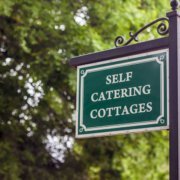
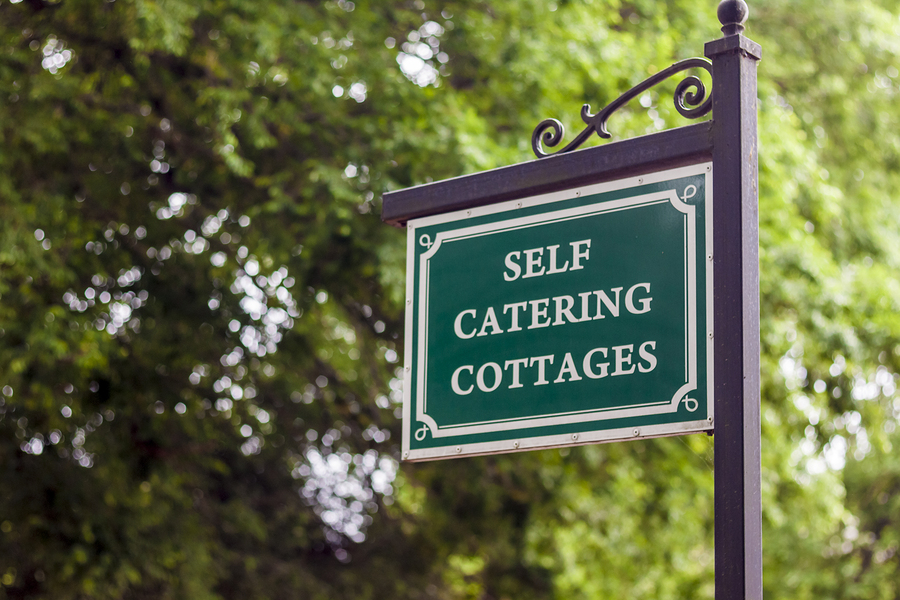

 Did you know that there are 14 billion spam emails sent across the world every day? With that sheer volume you’ll not be surprised if one or two pop into your own inbox each day!
Did you know that there are 14 billion spam emails sent across the world every day? With that sheer volume you’ll not be surprised if one or two pop into your own inbox each day!
 Have you considered how installing an electric vehicle charging point could help attract more guests? The government announced it would ban the sale of new (non-hybrid) petrol and diesel cars from 2040. Many felt that this was such a long time into the future that the likelihood of it altering car buying patterns in the mid to short term were relatively remote.
Have you considered how installing an electric vehicle charging point could help attract more guests? The government announced it would ban the sale of new (non-hybrid) petrol and diesel cars from 2040. Many felt that this was such a long time into the future that the likelihood of it altering car buying patterns in the mid to short term were relatively remote.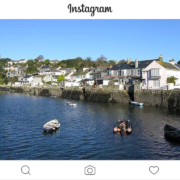
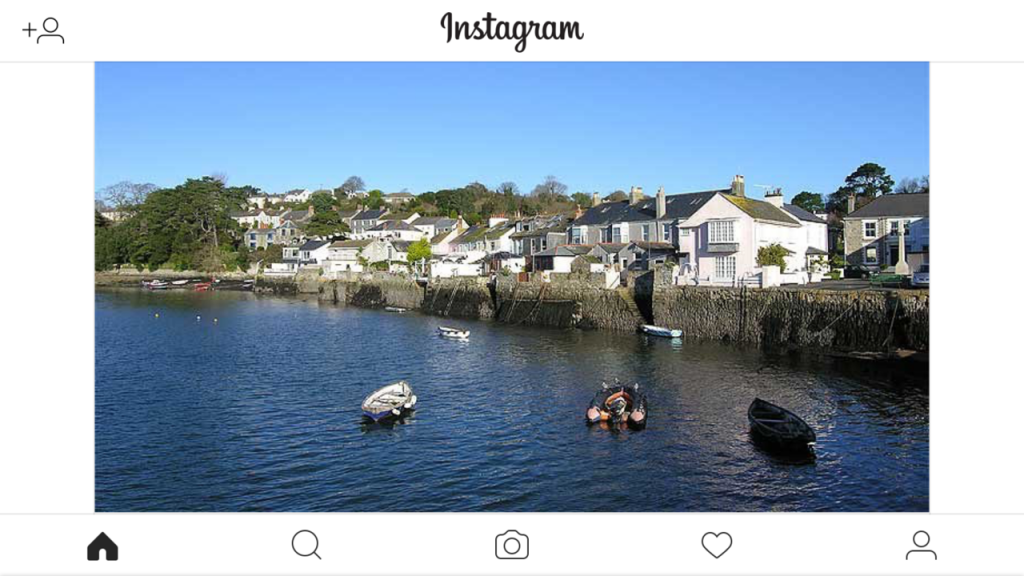 Social media is one of the best ways for holiday cottages to promote themselves and build relationships with potential guests. Most owners have a
Social media is one of the best ways for holiday cottages to promote themselves and build relationships with potential guests. Most owners have a 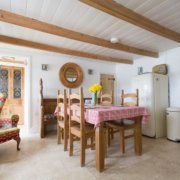
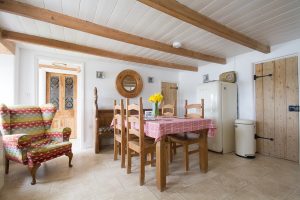 Business rates for
Business rates for 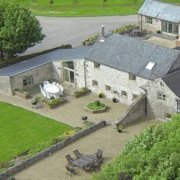
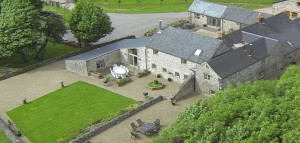 As a holiday cottage complex owner does the sound of teaming up with an intermediary specialising in
As a holiday cottage complex owner does the sound of teaming up with an intermediary specialising in 
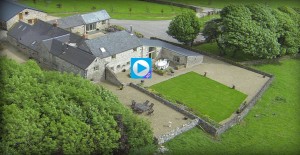

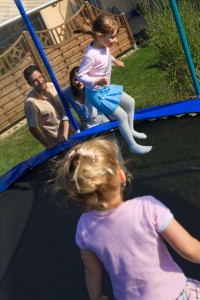 Trampolines and holiday homes, a fun combination or an accident waiting to happen? A fact many people won’t be aware of is that the lightest person on a trampoline is five times more likely to be injured. This happens through a phenomenon called “kipping”. This is where jumping at the same time causes the transfer of kinetic energy to the lightest person causing them to gain greater propulsive force and height. There’s an easy answer to prevent this, have a one at a time rule for your trampoline.
Trampolines and holiday homes, a fun combination or an accident waiting to happen? A fact many people won’t be aware of is that the lightest person on a trampoline is five times more likely to be injured. This happens through a phenomenon called “kipping”. This is where jumping at the same time causes the transfer of kinetic energy to the lightest person causing them to gain greater propulsive force and height. There’s an easy answer to prevent this, have a one at a time rule for your trampoline.